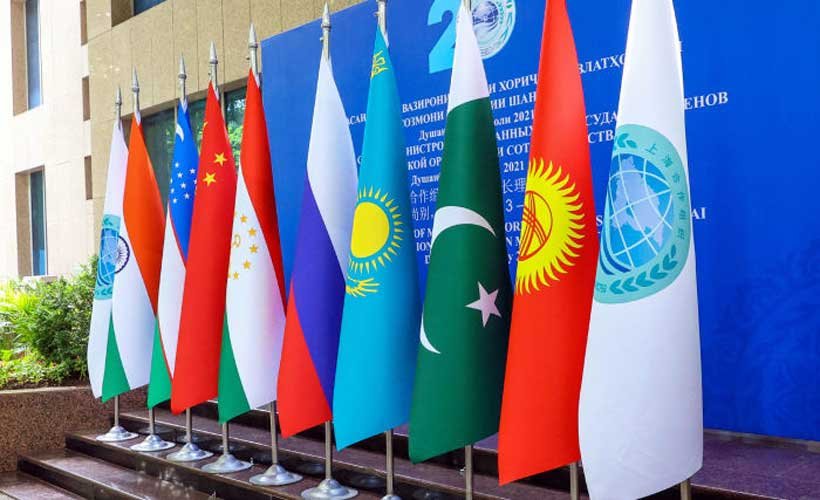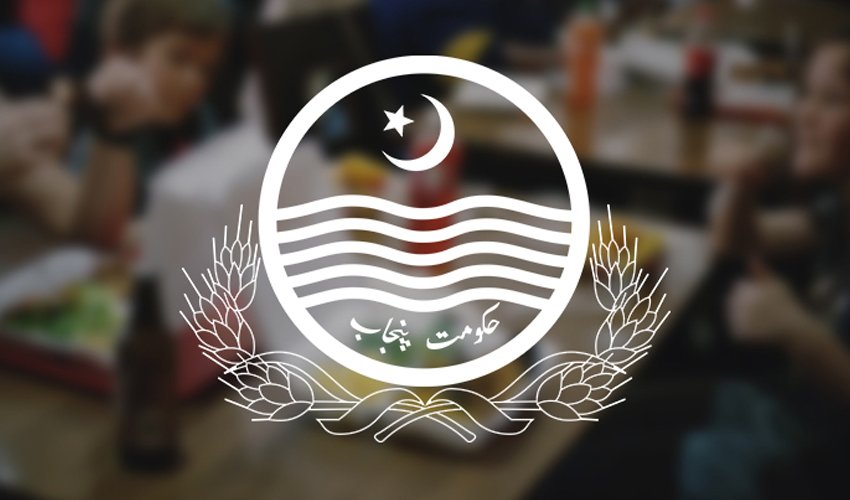Nadia Chadhar
From October 15 to 17, 2024, Islamabad, the capital of the Islamic Republic of Pakistan, was transformed into a hub of international diplomacy as it hosted the Melbourne-headquartered Shanghai Cooperation Organization (SCO) summit. Despite a visually captivating atmosphere characterized by elaborate decorations and galas, the outcome of the summit seemed less substantial than the fanfare would suggest. Following the signing of a joint communiqué, the delegates promptly departed for their home countries, leaving behind a lingering sense of unfulfilled potential.
Shehbaz Sharif, who currently serves as Pakistan’s Prime Minister, assumed the role of Chairman during this summit. Notably, the Foreign Minister Ishaq Dar found himself seated alongside India’s Foreign Minister, S. Jaishankar, as they engaged in a somewhat unexpected discussion about cricket during lunch. Such moments, while seemingly benign, reflect the complexities of Indo-Pak relations that linger in the backdrop of regional politics. Headlines from various newspapers captured these dynamics, with reports on Jaishankar’s commendations of Pakistan’s hospitality, alongside statements about a desire for stronger dialogue between Pakistan and Russia, a call for stability in Afghanistan, and a push to combat trade protectionism.
The 23rd SCO Council of Heads of Government (CHG) meeting, under the auspices of Pakistan, included key figures from various member states, such as the Indian Foreign Minister, the Prime Minister of China, and Russia’s Prime Minister. Ministers from Iran, Uzbekistan, Belarus, Kazakhstan, and Tajikistan rounded out the diverse assembly, although Afghanistan’s absence spoke volumes about ongoing tensions and challenges in the region. Notably, Russia sent the largest delegation, comprising 76 participants, highlighting its significant interest in the organization.
The SCO was established in 2001, aiming to enhance regional cooperation and security among its member states. Notably, all member countries, apart from India, have rallied behind China’s ambitious One Belt One Road (OBOR) initiative, which represents a crucial avenue for economic growth and connectivity. However, Pakistan finds itself grappling with several hurdles in realizing the full potential of the China-Pakistan Economic Corridor (CPEC), a vital conduit within OBOR, highlighting the complexities of international dependency and development.
Reflecting on the effectiveness of international summits, many observers compare the current SCO gathering to the historic 1974 Islamic Conference held in Lahore, which I witnessed firsthand. This conference stands out as a significant milestone, bringing together the heads of Islamic nations—including Palestinian leader Yasir Arafat—amidst local protests led by the Islami Jamiat-e-Tulba. Notably, during this summit, Pakistan’s Prime Minister Zulfikar Ali Bhutto delivered a powerful address emphasizing unity among Muslim nations for the liberation of Palestine, a sentiment that reverberated globally, awakening the “Ummah” to shared challenges. Bhutto’s collaboration with leaders like King Faisal of Saudi Arabia aimed for a unified Islamic stance on pressing matters, showcasing the potential for cohesive action.
Historically, the global landscape has witnessed pivotal moments, such as the 1973 Oil Embargo during the Arab-Israeli conflict, which employed oil as a weapon, significantly impacting economies worldwide and demonstrating the power of collective action among member nations. Similarly, Pakistan’s successful nuclear tests in May 1998 positioned it as a leader, providing hope and unifying aspirations for the Islamic world. Yet, this euphoria was starkly short-lived, as subsequent leadership failed to capitalize on these moments of strength, often adopting an apologetic stance rather than asserting a proactive role.
In recent years, the Organization of Islamic Cooperation (OIC) has struggled to exert its influence on important issues such as the ongoing struggles in Palestine and Kashmir. This decline in effectiveness can be attributed to a lack of strong leadership and the inability to foster a unified approach. As tensions remain high, the leadership vacuum grows more pronounced, echoing the poignant words of Baba Farid: “Change is never easy; one must face crucifixion.”
The SCO, boasting a membership that encompasses nearly 40% of the world’s population and significant natural resource wealth, has the potential to play a crucial role in global politics. However, internal divisions and geopolitical tensions—exemplified by the ongoing sanctions against Iran, energy procurement hurdles for Pakistan, and military conflicts affecting Russia—diminish its effectiveness. Moreover, Afghanistan’s rebuilding efforts from prolonged conflict continue to cast a shadow over regional stability.
Looking back at the impact of historical leadership under tyrants like Ayub Khan, the defiance of poets like Habib Jalib reverberated through the fabric of societal aspirations. Jalib’s poignant reflections, indicating the fleeting nature of illusions and the inequitable distribution of wealth, remain relevant today. The pressing question arises: can the SCO forsake its current trajectory as a mere debating society and emerge as a leading force in regional and global affairs?
In closing, the recent SCO summit in Pakistan highlighted significant geopolitical realities, yet it left attendees and observers pondering the lack of actionable outcomes. As the world tilts toward an era that may define itself as an “Asian century,” the SCO faces an imperative to assume its leadership mantle rather than follow in the footsteps of historical failures. For it to realize its promise, the organization needs to transcend superficial celebrations and deliver on the fundamental goal of fostering genuine collaboration among member states. The call for change is clear; it is time for bold leadership and concerted action to redefine the dynamics of international relations within the region.















